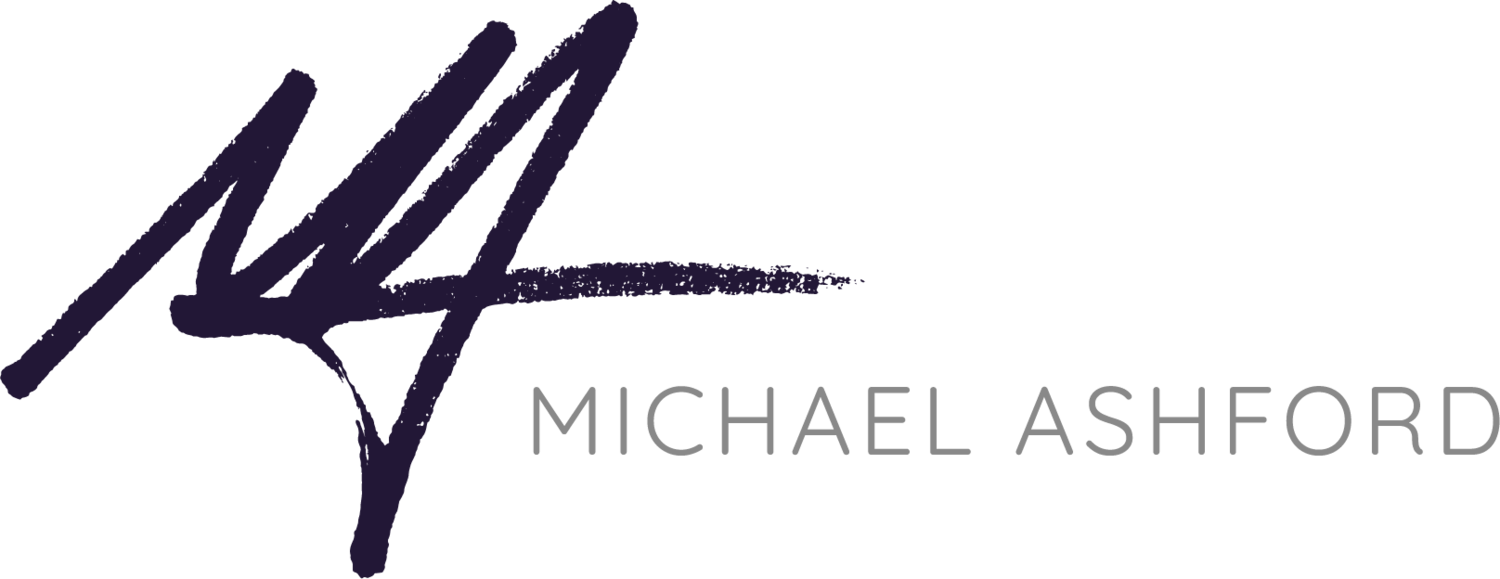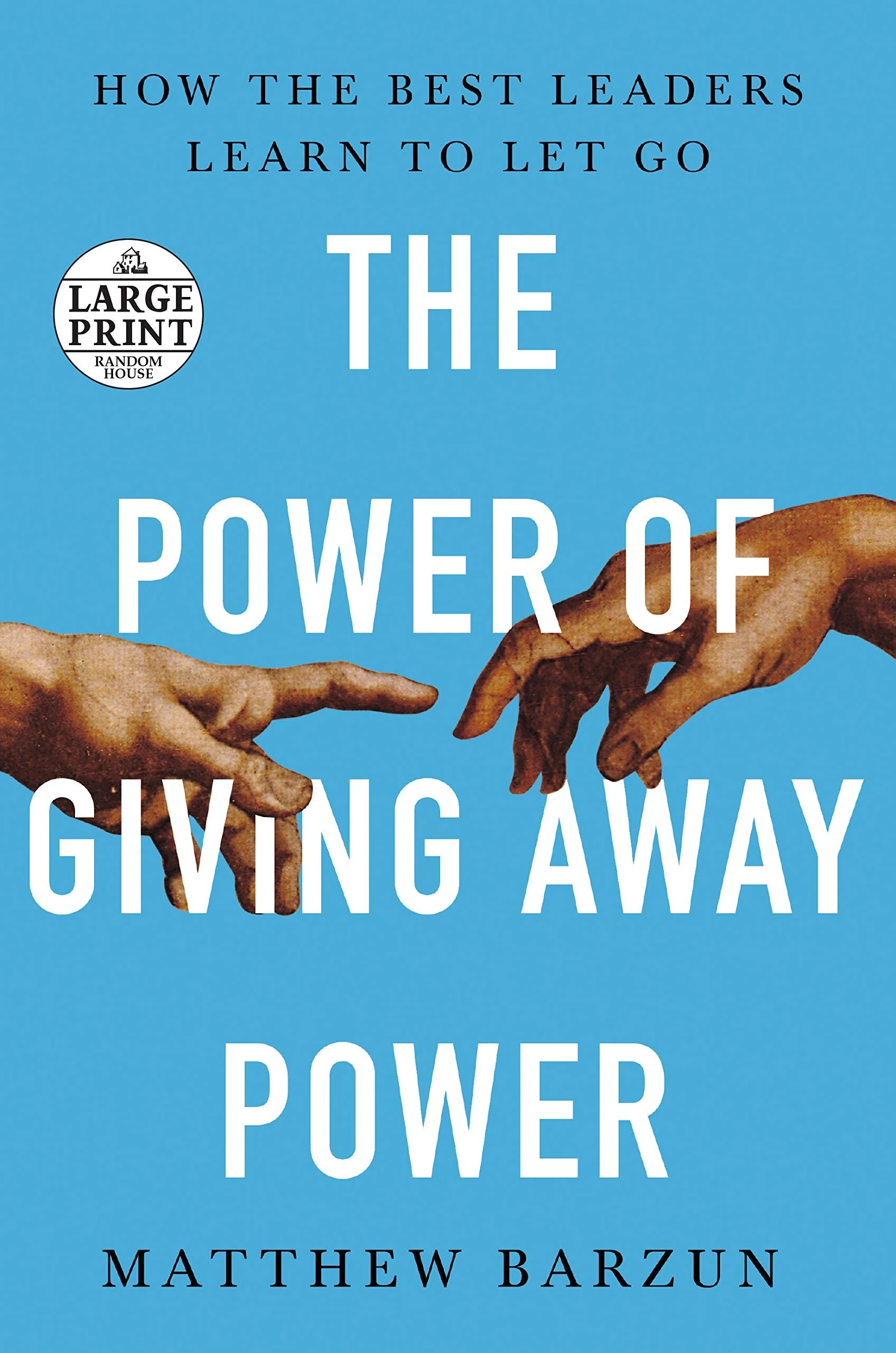The most meaningful things I read in 2021
I read more than 30 books in 2021, and I had the good fortune to interview many of the authors of those books for my podcast.
Every time I read a book, I highlight passages that inspire me, that cause me to think more deeply about an issue, or that stir up emotion in me.
The following are the nine most meaningful things I read this year. I hope you find them as thought-provoking as I do.
The Uncontrollable Child by Matis Miller
"It's easy to recognize the truth of your own opinion. The hard part is finding the truth in others' standpoints and identifying the truth that is missing from yours."
The Way Out: How to Overcome Toxic Polarization by Peter T. Coleman
"When attempting to address toxic polarization, we are rarely confronting an isolated issue or a disagreement over facts. Rather, we are facing off against everything that underlies why the issue matters in the first place."
Terraform: Building a Better World by Propaganda
"I feel like some things are so true, so divine, so beautiful that words one uses to explain them, diminish them. Sometimes, the truth is greater than the words for which it's being carried."
Light in the Darkness: Black Holes, the Universe, and Us by Heino Falcke
"Science would do well then to accept its limitations and be a partner in a constructive dialogue, instead of elevating itself into the role of ultimate explainer of everything."
Listen to Episode 50 with Heino Falcke
The Power of Giving Away Power by Matthew Barzun
"Does the small pattern you just expressed or just observed look like the big thing you would want if you repeated it and repeated it? Are we shouting for calm? Throwing rocks for peace? Fighting for healing."
Still Life: The Myths and Magic of Mindful Living by Rebecca Pacheco
"And what is desperately needed in moments of suffering is compassionate, discerning, loving people who are willing to face reality and take action to make it better."
Portraits of Peace by John Noltner
"I've learned that we can find ways to have productive conversations around even the most contentious subjects, but you have to earn that opportunity. You have to invest time in building a foundation of trust before wading into difficult issues, and that's the part we tend to skip over in the public realm. We tend to lead with the thorniest problems. We frame them as an attack, a challenge, or a judgment, and the rhetoric heats of quickly. We step right into the fire, and we are surprised when we get burned.”
Fixed: How to Perfect the Fine Art of Problem Solving by Amy Herman
"We know that we won't always like everything we see or everything other people do. What's important is that we're able to articulate why we like something or don't, why we agree with it or not. If we are able to successfully navigate the problems life throws at us every day, we need to be able to talk openly and honestly about what we feel and why we feel that way. Simply saying "I don't know" — or "I don't like it" or "I don't agree" — is often a conversation stopper that doesn't help anyone. Explaining why instead turns the period at the end of the sentence into an ellipsis ... an invitation to more."
A Hunter-Gatherer's Guide to the 21st Century by Heather Heying and Bret Weinstein
"When people are too comfortable with what they know, and the world does not look as they have been led to expect, they are at considerable risk — of being gamed, of getting angry, of becoming incoherent."










